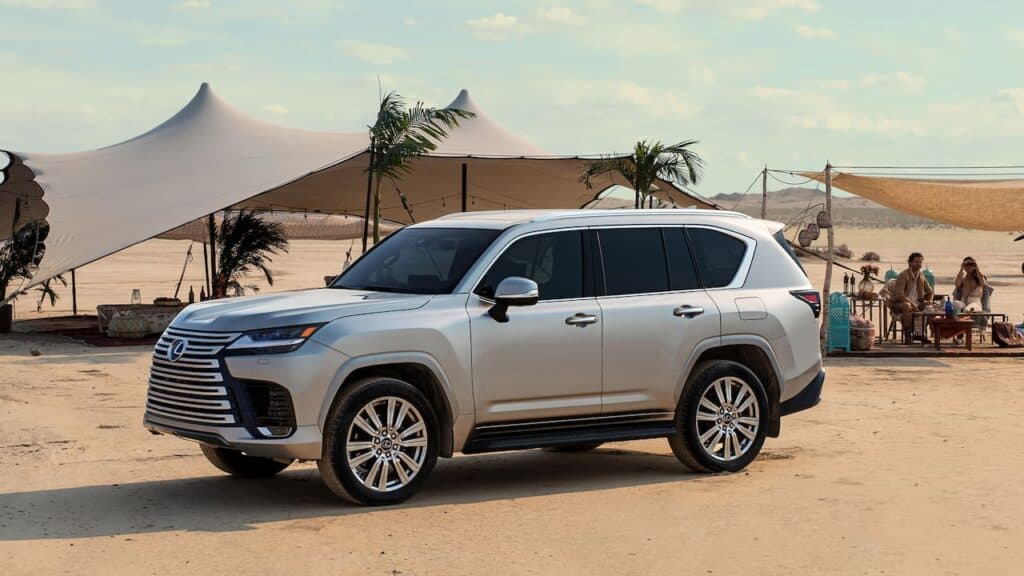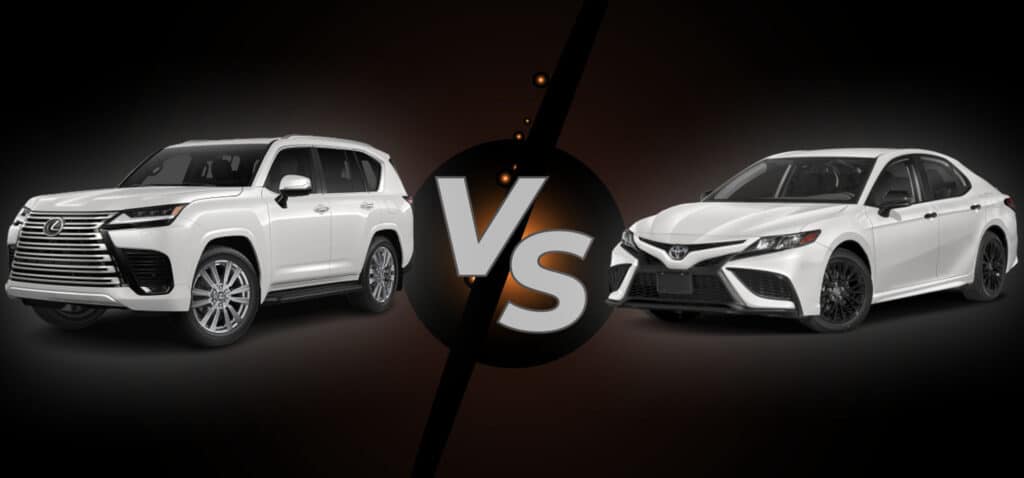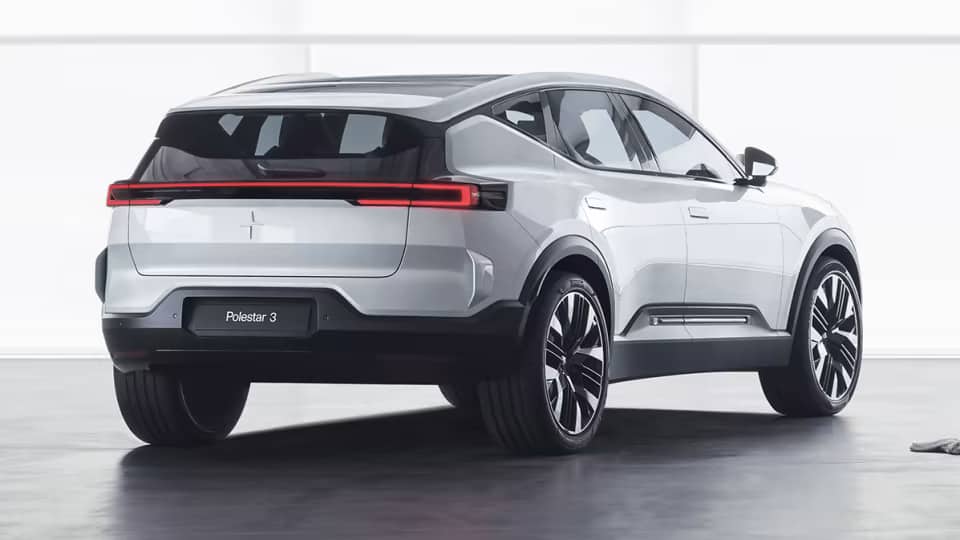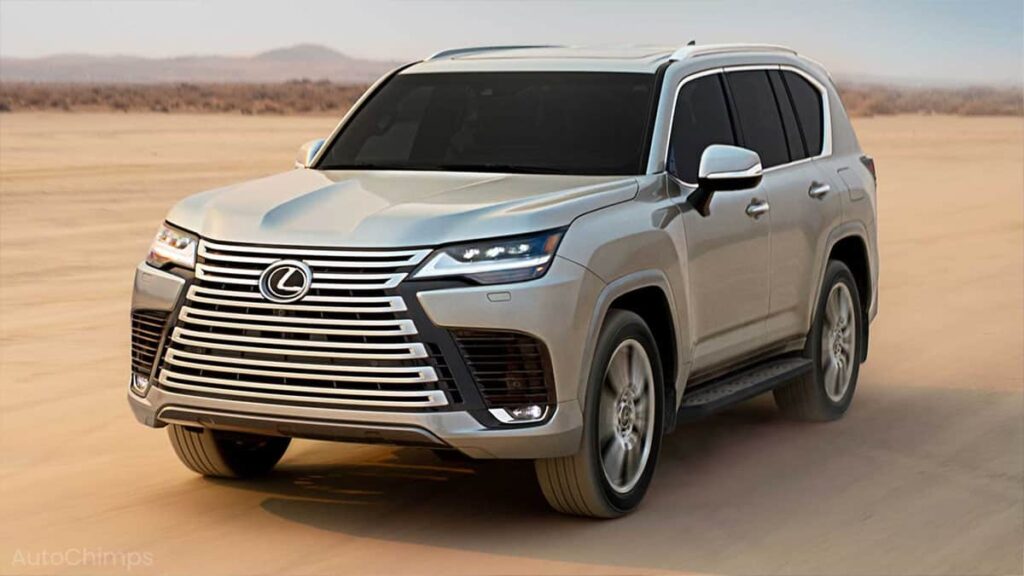


SUVs vs. Sedans: Which One’s Safer on the Road?
SUVs are dominating the automotive scene these days, but the big question remains: Are they really safer than sedans? With some of the most perilous roads in the U.S., it’s crucial to know what’s what when it comes to vehicle safety.
The Safety Showdown: SUVs vs. Sedans
Let’s break it down. SUVs are bulkier, heavier, and taller than sedans. It’s simple math: the bigger the ride, the more protection it usually offers. With more distance between the occupants and the point of impact, SUVs tend to keep passengers safer in a crash.
But there’s a catch. Those tall bodies can be prone to rolling over during sudden maneuvers. Plus, the added weight can make them trickier to handle compared to sedans. So, when it comes to safety, it boils down to personal preference: Do drivers want to focus on avoiding accidents or do they want that extra cushion if a crash does happen?
What Happens in a Collision?

In a head-on collision, it’s pretty clear: the SUV usually comes out on top. Studies suggest that occupants in sedans face a significantly higher risk of serious injury compared to those in high-end SUVs. Some reports even say that a sedan with a low safety rating can make passengers ten times more vulnerable than those in a top-tier SUV.
Another factor to consider is the sedan’s design. With a compact layout, the hood can dip under another vehicle during a crash, putting the driver and passengers at greater risk. Not ideal, right?
Are Heavier SUVs Always Safer?
When it comes to impact, bigger usually means better protection. SUVs consistently outperform sedans in crash tests. The lighter the car, the more likely it is that the occupants will get hurt in a collision. This trend holds true even when comparing SUVs to larger vehicles like trucks or semis—less mass means more risk.
Why Sedans Still Have Their Fans

So, if sedans are less safe in a crash, why do so many people still choose them? The answer lies in control. Sedans generally offer better handling, thanks to a lower center of gravity. This means it’s easier to brake or swerve to avoid a collision without losing control. Smaller cars, like hatchbacks, can be even more nimble.
While there aren’t hard stats to back this up, it’s worth pondering how often SUVs end up in accidents compared to compact sedans.
Final Thoughts: SUV or Sedan?

So, what’s the verdict? SUVs definitely shine in crash scenarios, providing better safety for passengers. On the flip side, sedans might help avoid accidents in the first place with their superior maneuverability.
Accidents can happen in the blink of an eye, often on familiar roads. It’s tough to predict whether a driver will need to evade or brace for impact. For a deeper dive, it’s smart to chat with body shop mechanics or crash investigators. They can share insights on the vehicles they see most often and the damage they typically handle.
When weighing the options between an SUV and a sedan, consider other drivers on the road. What if a distracted or reckless driver comes barreling down the street? If safety for vulnerable passengers—like kids or elderly family members—is a top priority, an SUV might be the way to go. But if a sleek, professional vibe is the goal, many sporty SUVs can deliver that too.
At the end of the day, modern cars are way safer than ever before. Whether it’s an SUV or a sedan, staying alert and driving responsibly is the best way to keep everyone safe on the road.



